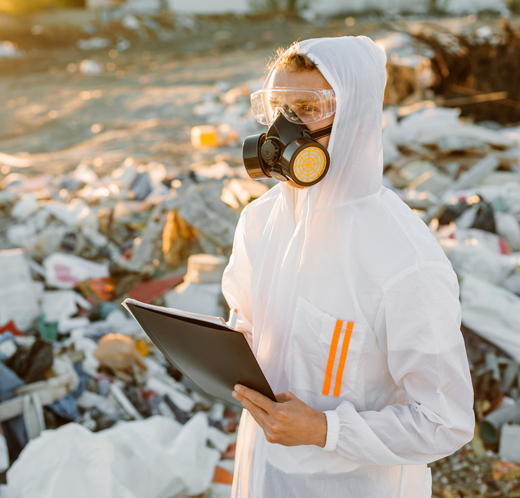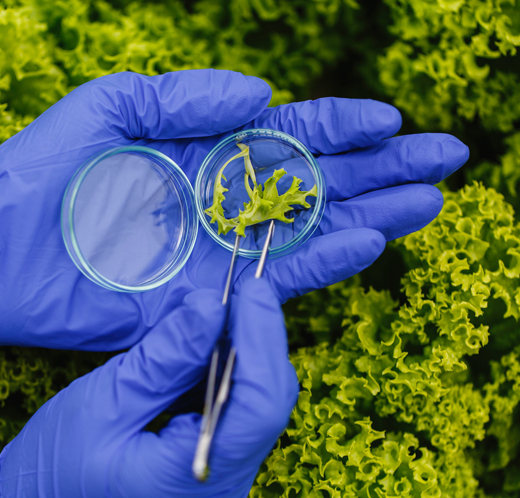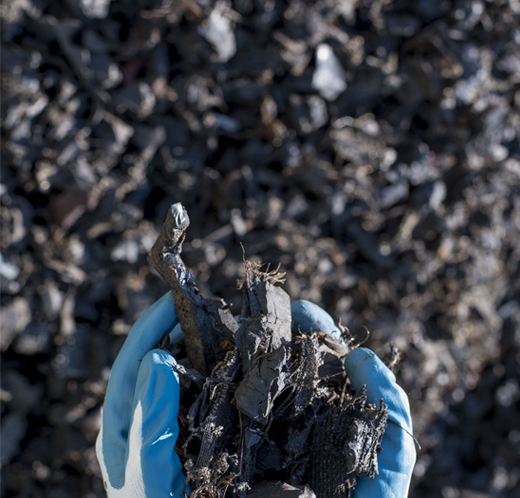
MUNICPAL SOLID WASTE
Municipal solid waste management (MSWM) involves the collection, transportation, treatment, and disposal of solid waste generated by households, commercial establishments, and institutions within a municipality or urban area. The primary objective of MSWM is to protect public health and the environment by ensuring the proper handling and disposal of waste. The different methods of MSWM include landfilling, incineration, composting, and recycling, with the most environmentally-friendly options being waste reduction and recycling. Effective MSWM also involves public education and awareness programs to promote responsible waste management practices among individuals and businesses.

Water pollution from nitrogen and phosphorus in agriculture is estimated to cause economic damages of $200 billion per year globally.
A. Bio-Mining
Innovative process that extracts valuable metals from ores or waste material using microorganisms. Eco-friendly and cost-effective compared to traditional methods. Used for copper, gold, and other metals recovery from electronic waste and mining tailings. Efficient solution for metal recovery with potential environmental benefits.

Around 1.4 billion people globally lack access to basic sanitation facilities, such as toilets and latrines.
B. Torrefaction
Developed in 2022.
Innovative technology to convert Municipal Solid Waste (MSW) or STP Sludge to pelletized charcoal. Patent Application #202211023704 & #202211023710 accepted. 50 TPD Pilot Plant established for Delhi Jal Board, continuously converting STP Sludge to useful charcoal. Trials successfully conducted for NTPC to convert MSW to Charcoal. Product approved for usage by NTPC. Approved by NTPC as Qualified Technology Supplier for their upcoming Waste to Energy Plants.


